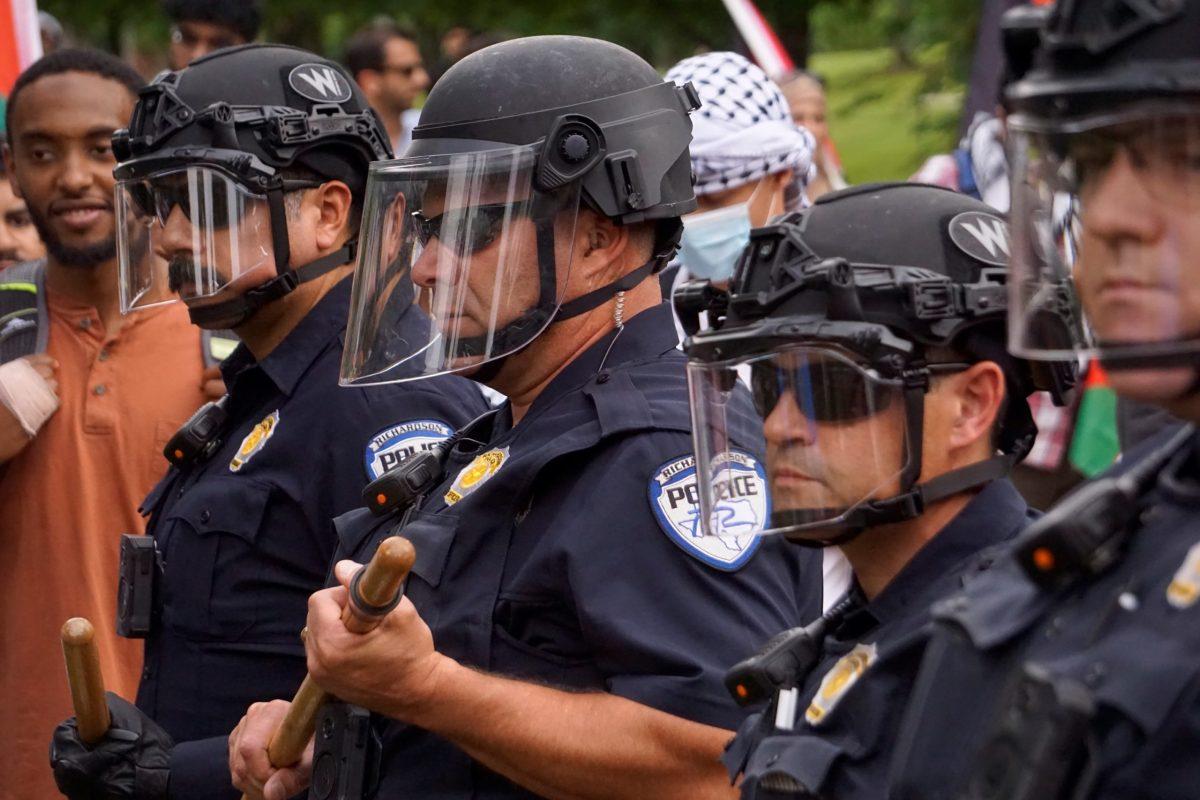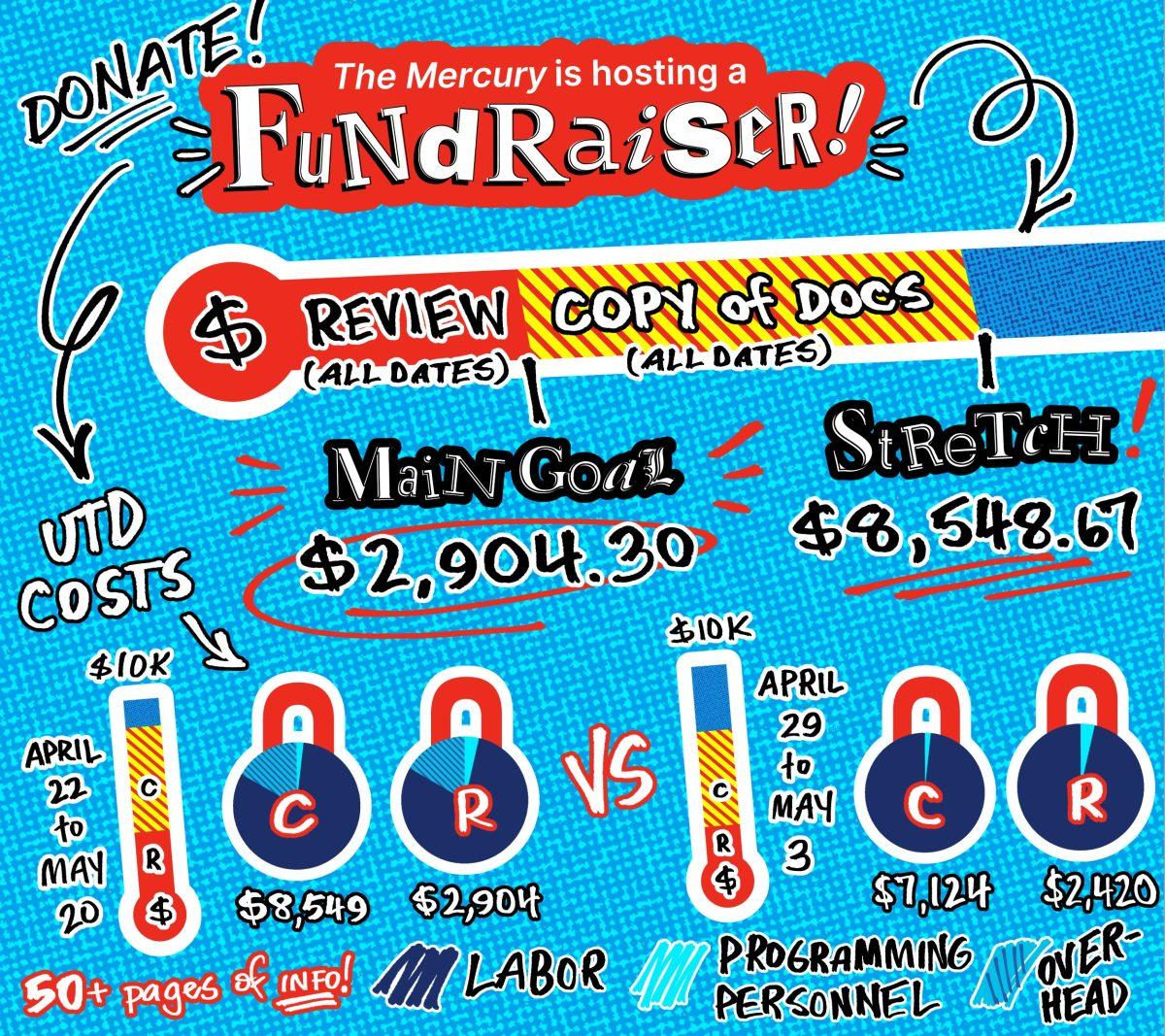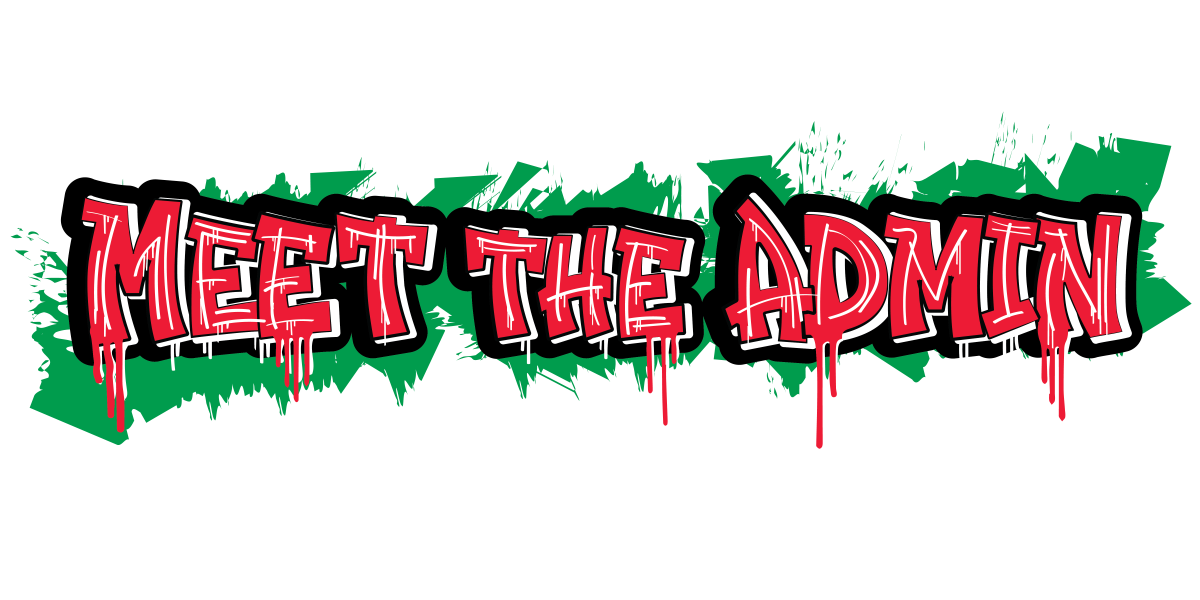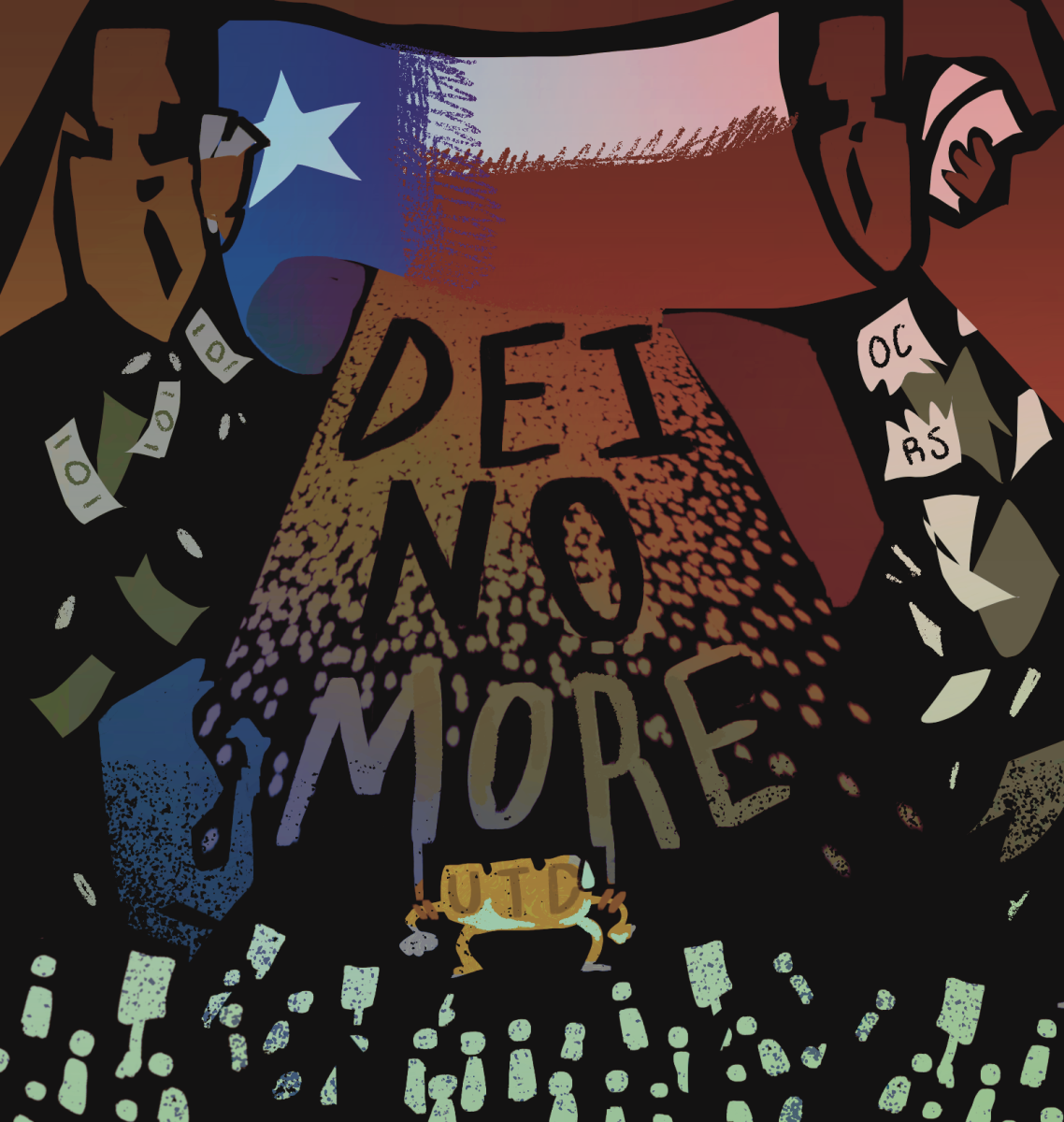UTD should amend its Student Grievances policy to match the definition of sexual harassment in its Sexual Misconduct Policy. While firm anti-harassment policies are important and necessary, inconsistent and extrajudicial definitions of sexual harassment threaten students’ constitutional right to free speech.
The Foundation for Individual Rights and Expression, a nonprofit dedicated to protecting free speech on US college campuses, has declared Student Grievances a “red light” policy, meaning its content is unconstitutional. FIRE claims the policy defines sexual harassment too broadly, leaving room for UTD to censor students for speech protected by federal law. And UTD already has a poor track record around speech — earlier this year, UTD sanctioned a Comet for insulting traffic cops using obscene but constitutionally protected expression. A letter from FIRE prompted UTD to reverse the sanctions, but the precedent of over policing free expression in the name of school policy has already been established.
Other universities have already used loose sexual harassment policies to unfairly restrict student expression. In 2017, a group of Arcadia University students created an art exhibit criticizing then-President Donald Trump, depicting his likeness on a penis. Arcadia investigated these students under Title IX — sexual harassment law — even though this is completely protected speech. While the investigation was dropped, a legal battle could have ensued — and even if the Arcadia students won, campus morale would be shaken. Who would feel safe expressing themselves if it could end in an expensive court case? The university would be practicing soft censorship.
UTD has two policies on punishable sexual misconduct, each offering different definitions. UTDSP5005, the red-lighted Student Grievances policy, defines sexual harassment as “unwelcome sexual advances, requests for sexual favors, and other verbal or physical conduct of a sexual nature.” UTDBP3102, the Sexual Misconduct policy, has received a yellow rating from FIRE, signaling a better but legally unclear policy. It defines hostile environments via sexual misconduct as anything so severe it prevents someone from “[participating] in or [benefiting] from an education program or activity.”
While both policies read similarly to an untrained eye, only the latter abides by the definition of punishable harassment established by the Supreme Court in Davis v. Monroe County Board of Education. All speech is constitutionally protected unless it harms someone’s educational experience so much “that the victim-students are effectively denied equal access to an institution’s resources and opportunities,” after which it becomes punishable. Vaguely-worded prohibitions like UTDSP5005’s “other verbal or physical conduct of a sexual nature” legislate beyond the Constitution’s limits.
This vague wording could be used by admin to censor vast territories in UTD culture. If AMP, our campus’ satire newspaper, wanted to print an issue with a pinup-style shirtless Temoc on the cover, the university could investigate them for “conduct of a sexual nature.” If Comets wanted to host a drag or burlesque show, it could be restricted for a similar reason. Even our famed annual Sex Bowl could be targeted by explicit or indirect censorship.
UTD students should especially fear administrative overreach considering how state legislation from the past year has exposed Texas’ hostile attitude to minorities in public education. Texas recently passed a “drag ban” for public spaces including universities; the now-overturned law prohibited “sexually explicit” material from appearing in public, including gendered prosthetics and dancing, both nonsexual keystones in LGBTQ+ communities. In effect, this law prohibited people’s free expression using sexualization as an excuse. Loose sexual harassment laws can similarly censor gender and sexual minorities, by declaring gender-nonconforming presentation or drag shows as “conduct of a sexual nature.”
Colleges are the heart of our culture’s free discourse, and they should be a safe environment to challenge ideas and debate. UTD, at the forefront of demographic diversity, should support that. Instead, these open-ended policies can leave students confused on what is and is not permissible and allow admin to harass students for simply expressing themselves. Actual legally-defined harassment will go unchecked while the university wastes resources on non-issues.
While the Sexual Misconduct policy has a yellow rating, it abides more closely by constitutional limits, and is thus harder to exploit. The end goal for all public universities should be to stringently defend protected speech, but the first step toward that is amending UTD’s red-light policy to match legal standards. The Mercury believes in swift and fair punishment for sexual harassers and condemns misuse of these serious policies for other reasons.
We call on UTD to honor the diverse, provocative and important beliefs on campus by amending the Student Grievances policy’s definition of sexual harassment to match that given in the Sexual Misconduct policy. And we call on all Comets who value free expression to be vocal until this is achieved. Contact Student Government until they introduce a resolution and educate yourself on your First Amendment rights. And while you should never hurt or prey on others under the guise of “free speech,” do not censor art or conversation you fear is too sexual for the university to handle. Unless it meets the government’s definition of harassment, you have the right to say it.







